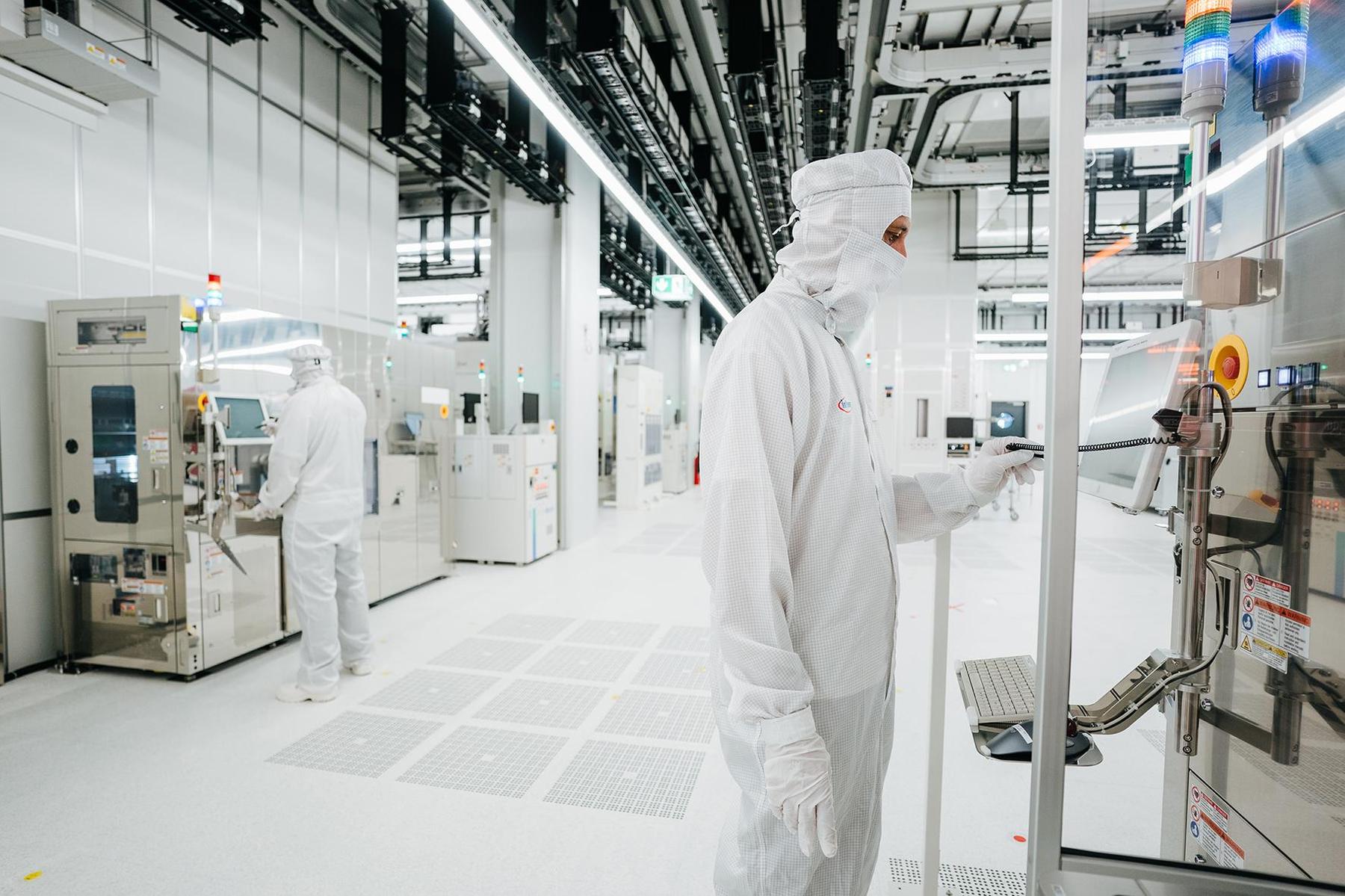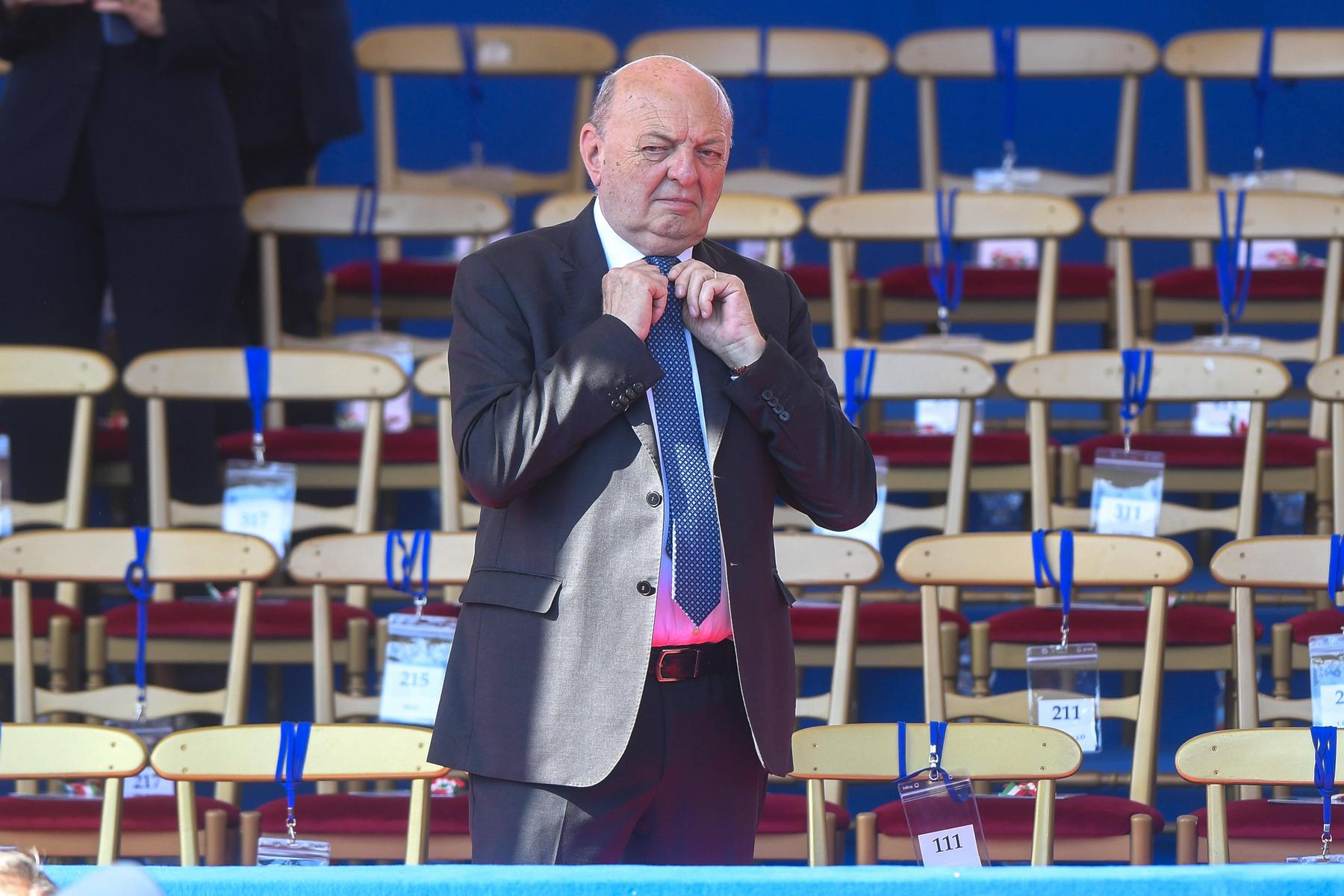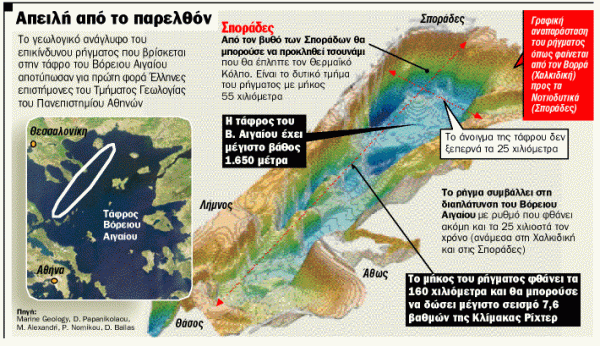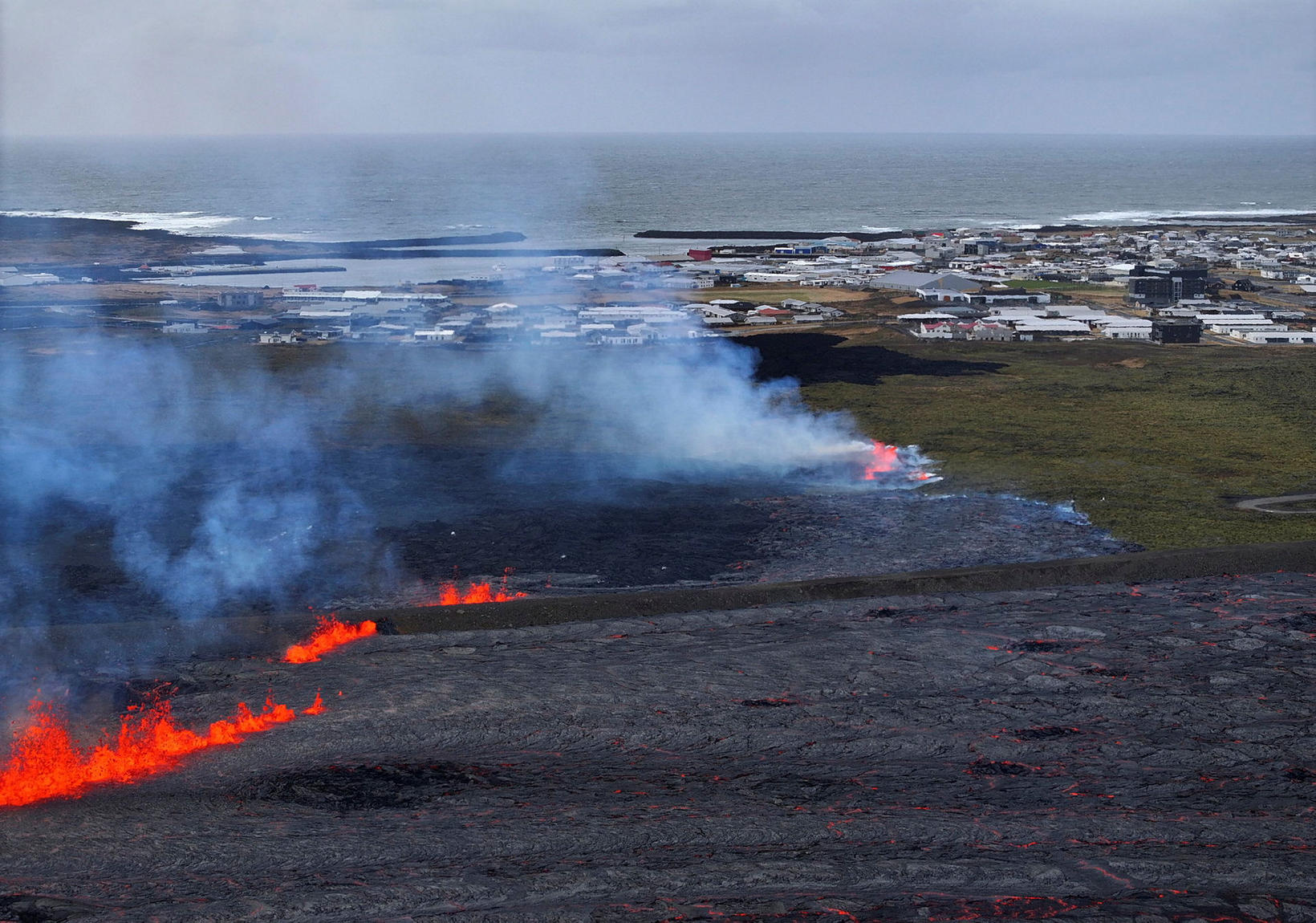Electric industry agreed in fifth rounds of negotiations – Diepresse.com

After five rounds of negotiations, the social partners have achieved a KV degree for the electrical and electronics industry. So long has not been negotiated for a long time.
Just before the long Pentecost weekend, the negotiators of the electrical industry achieved a KV degree in the fifth round of negotiations. Late in the evening, they agreed on an increase in the actual wages and salaries of 2.75 percent. This corresponds exactly to the amount of the rolling inflation. The increase is capped at 115 euros, which results in an average increase of 2.15 percent, according to a broadcast.
It was the longest KV negotiations in the industrial spring wage round. The wage and salary negotiations for the approximately 60,000 employees of the electrical and electronics industry (EEI) took eleven weeks. « The opposing positions were particularly large this time, » says chief negotiator Reinhold Binder (Pro-Ge union) and chief negotiator Eva Scherz (Union GPA).
Clause that should relieve the company
For heavily affected companies, a recession clause has been agreed that enables direct stress for companies to reduce the long-term to 50 percent of the actual increase, the specialist association of the electrical and electronics industry (Feei) writes in a broadcast.
If a company has been struggling with a negative EBIT since the past two years or has a minus of more than two percent in the last financial year, this option can be used, the union is used. This means that part of the current increase is then converted into additional paid leisure and/or into a one-off payment. The leisure option was extended by five years.
The conclusion applies retrospectively on May 1st and the collective agreement was concluded for one year.
Industry under pressure
« The result is a good compromise for both sides with social accuracy and a look at the preservation of competitiveness, which is essential for the electrical and electronics industry, especially for exporting, » says Feei chairman Wolfgang Hesoun.
In January, the Feei presented a study that Austria was the most third in the EU in 2023 in the average labor costs in the EU comparison. The industry exports more than 80 percent of its goods abroad and is particularly affected.
The result was falling order inputs, a declining export and a reduction in external staff. In 2024 the situation continued to come to a head. Especially in these two years, the degrees with 6.8 percent (2024) and 9.9 percent (2023) were particularly high due to the high inflation.
Reason for the long negotiations
The reason for the long negotiations is essentially the combination of the long -lasting recession and the high wages of previous years.
The 2025 conclusion for the EEI in detail
• KV-wages/content: + 3 percent
• New minimum wage/new minimum basic content: 2,478.76 euros
• Is-wage/content: + 2.75 percent, a maximum of 115 euros
• Apprentices: + 3 percent
• Adds: + 3 percent
• Travel expenses: + 3 percent
• Increasing mileage
• Leisure option agreed by 2030
• Application date: May 1, 2025
• Duration: 12 months







